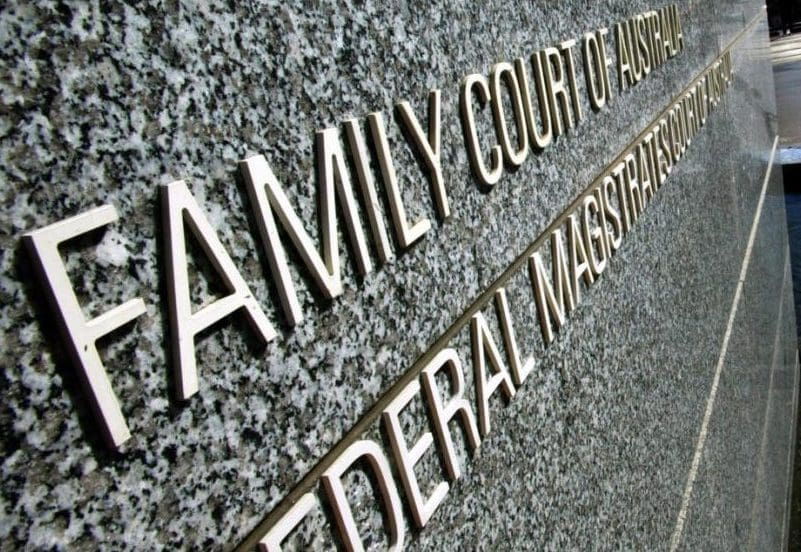 A bill to merge the Family Court and Federal Circuit Court was approved in the Senate last week. The decision has proven controversial, with many stakeholders, including retired judges, opposing the merger as a ‘band-aid’ solution that will prejudice family law matters to unspecialised judgment and even longer delays.
A bill to merge the Family Court and Federal Circuit Court was approved in the Senate last week. The decision has proven controversial, with many stakeholders, including retired judges, opposing the merger as a ‘band-aid’ solution that will prejudice family law matters to unspecialised judgment and even longer delays.
What is (or was) the Family Law Court of Australia?
The Family Law Court of Australia was established in 1976 under Chapter 3 of the Australian Constitution by the Family Law Act 1975. Although it was infamously bombed in 1988, the creation of the Family Law Court was generally viewed as a landmark in not only the Australian justice system, but worldwide. The Family Law Court was significant because it highlighted the need for specialist legal attention in circumstances that are often confronting, complex and deeply emotional for parties.
Why merge the two courts?
It might be argued that merging the Family Law Court of Australia and the Federal Circuit Court of Australia will streamline resources that would otherwise be spread between two Courts. Alternatively, it could be argued that by combining the Courts into one broader jurisdiction, more urgent matters involving immigration will take priority. This may have a reverse-effect on making the Court system efficient, pushing matters that are ‘less urgent’ down an ever-expanding list.
A shift into a single Court might, however, take some pressure off Family Court judges, who have been reported as dealing with up to 600 cases on their dockets at one time. However, there is criticism that whilst judges might not be as far spread between cases, family law matters are at risk of being handed to judges that lack specialist experience in negotiating intricate areas of family law. There are arguments being made that a new unified Court will provide some passage of relief to rural, regional and remote communities that were previously unable to access the Family Court at all.
The safety of vulnerable people should always be a priority when making legislative changes to Family Law legal processes in Australia. Arbitration and mediation processes present cost-effective and efficient alternatives to attending Court that may help to reduce some of the volume moving through the new system in the future.
If you would like to discuss anything further with our experts at Freedman & Gopalan Solicitors, call us on 02 8999 9837.
